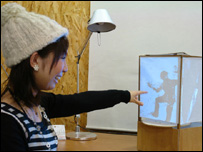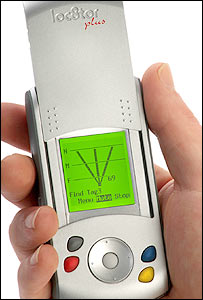Second Life.
At some point, I suspect nearly every blogger interested in technology will mention it. It’s just one of those things. Even the BBC is getting in on the act. I know a short while back they ran an article on the BBC news site about it and just the other day I was contacted to see if I wanted to appear in a tv show or news item about people who spend a lot of time in Second Life (I don’t think I spend nearly enough time there to count I suspect and they were looking for people whose lives had been changed by it in some way).
I’ve been an on and off resident of Second Life since last May (coincidentally, my Second Life “birth” day is only the day before my real birthday) and it’s been a lot of fun, even with the lag I suffer from. I spend a little over a week in January playing the Smokin’ Aces Assassin game in SL, desperately trying to shoot assassinate people who had already moved from where I could see them and failing to run away from people trying to assassinate me!
There are also a lot of nice looking sims to visit – including one I spent the last weekend wandering about in, which was a replica of an ancient Roman town.
The only real problems I have with SL are the lag I experience (mostly due to being on a wireless network and not exactly the fastest broadband connection in the world), the time it takes for stuff to rez and the odd occasion where my avatar’s hair or shoes randomly move. Then there’s also the resources that the SL program sometimes decides to eat up.
Mostly, all this means for me is that I don’t go into busy areas and try to get into SL in the morning GMT time, when the US is asleep and not in SL. It’s also limited my activities at the moment to just sightseeing, rather than roleplaying, opening a shop or buying land and constructing a house.



